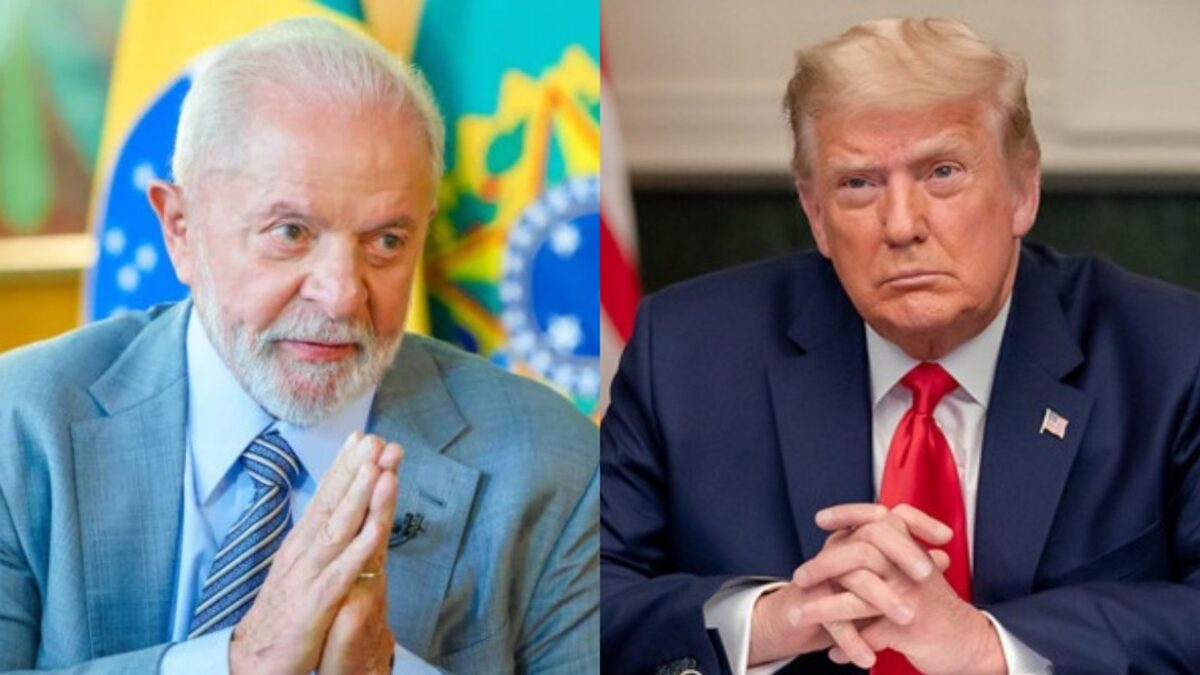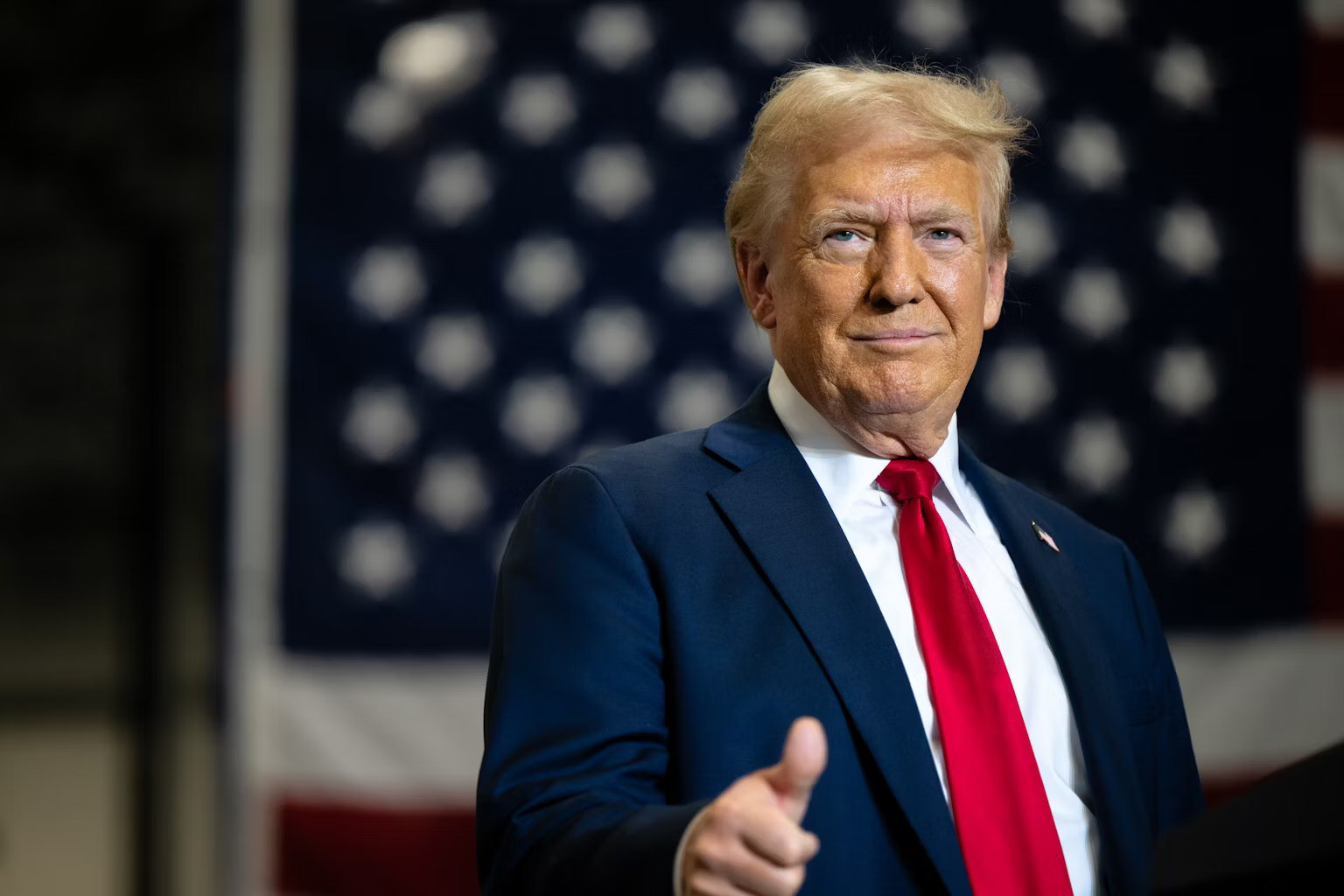In the world of wealth, the stakes are getting higher, and the numbers are becoming more mind-boggling. According to Oxfam’s latest inequality report, we are on the brink of witnessing the emergence of the world’s first trillionaires. This isn’t just a headline-grabbing prediction; it’s a reflection of the rapidly expanding fortunes of a select few individuals. But what does this mean for the rest of us? Let’s dive into the details and explore the implications of this unprecedented accumulation of wealth.
The Trillionaire Club Who’s In
Imagine a club so exclusive that its members are not just billionaires but trillionaires. According to Oxfam, five individuals are on track to join this elite group within the next decade. Leading the charge is Elon Musk, the CEO of Tesla and SpaceX, whose wealth is projected to surpass $1 trillion in less than five years. Following closely are Jeff Bezos, Larry Ellison, Mark Zuckerberg, and Bernard Arnault. These names are not just titans of industry; they are shaping the future of global wealth distribution.
The Wealth Explosion How Did We Get Here
The rapid ascent of these individuals’ fortunes is not happening in a vacuum. The past few years have seen a dramatic increase in the wealth of the world’s richest people, driven in part by a booming stock market. In 2024 alone, the net worth of the wealthiest individuals and families skyrocketed by $2.1 trillion. This surge was so significant that Oxfam revised its previous estimate, which predicted only one trillionaire in the next decade. It’s like watching a financial rocket launch, with wealth soaring to new heights.
The Inheritance Factor Passing Down Fortunes
One of the most intriguing aspects of this wealth accumulation is the role of inheritance. Oxfam’s report highlights that more than one-third of billionaires’ wealth comes from inheritance. In 2023, for the first time, more billionaires amassed their fortunes through inheritance than through entrepreneurship. This trend is facilitated by the fact that many countries, including the United States, have minimal taxes on inheritances. It’s like a game of financial Monopoly, where some players start with a significant advantage.
The Impact on Society A Growing Divide
While the rise of trillionaires might seem like a fascinating spectacle, it raises important questions about economic inequality. The concentration of wealth among a few individuals contrasts sharply with the persistent levels of poverty worldwide. According to the World Bank, the number of people living in poverty remains roughly the same as it was in 1990. This growing divide between the ultra-wealthy and the rest of society is a challenge that demands attention and action.
The Call for Change Ensuring Fairness
Oxfam’s report doesn’t just highlight the issue; it calls for action. The organization urges governments to ensure that the wealthy and corporations pay their fair share of taxes. This is not just about balancing the books; it’s about creating a more equitable society where everyone has a fair shot at success. It’s like a call to arms for policymakers to address the systemic issues that allow wealth to accumulate unchecked.
Conclusion A New Era of Wealth
As we stand on the brink of a new era in wealth accumulation, it’s essential to consider the broader implications. The rise of trillionaires is not just a financial milestone; it’s a reflection of the economic systems and policies that shape our world. By understanding these dynamics, we can work towards a future where prosperity is more evenly distributed, and everyone has the opportunity to thrive. After all, in the grand game of life, shouldn’t everyone have a chance to play?
Stay tuned with us to read the most important news from the U.S. and keep yourself informed about the latest developments.
Contact us today through our website or WhatsApp to discover how we can help you achieve success in the United States. Together, we can turn dreams into reality.
Information source: edition.cnn.com



